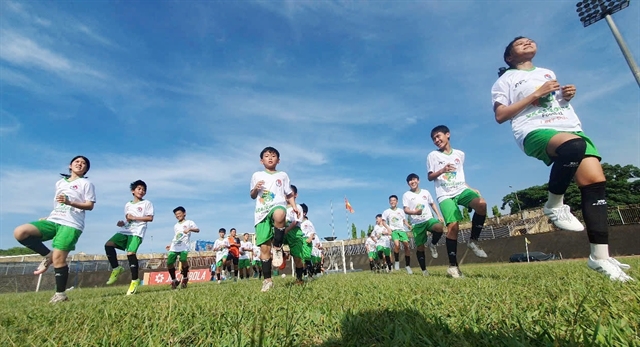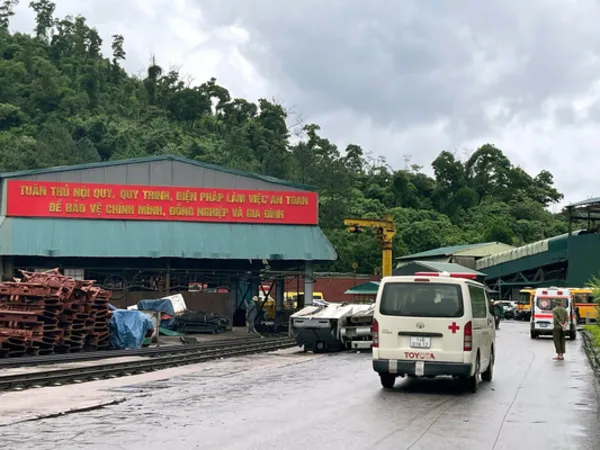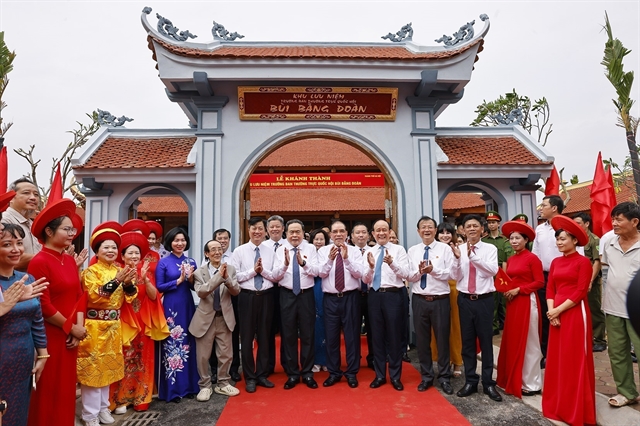

Business efforts in digital transformation are not only the fuel to promote the consumer goods and retail industries but also an important lever to implement the socio-economic development and recovery program set by the Government.
Comprehensive development driving force
Digital transformation is an inevitable trend all over the world. One of the three main pillars to help promote a comprehensive digital transformation in our country is building a digital economy, helping to recover and develop the economy during the new normal due to COVID-19.
From the perspective of consumer goods and retail industries, digital transformation helps fuel most operations and drives efficiency, innovation, and empowerment for businesses.
Firstly, applying technology and digitising is the driving force to upgrade the manufacturing capacity of consumer goods enterprises, helping to meet the market's diverse and constantly changing needs.
At the same time, this is also a necessary platform for both digital marketing activities to effectively reach customers and retail partner support to digitise distribution channels to consumers, which boosts business performance and growth.
The demand for digitisation, technology, and innovation also requires businesses to invest in research and development of digital platforms, thereby facilitating people to develop their technical skills and knowledge and enhancing the digital standard of the economy.
The digital transformation process is also a significant contribution to environmental protection in consumer goods manufacturing and distribution. The application of technology provides satisfactory solutions to carbon reduction, water and energy-saving, etc. in manufacturing.
Enterprise upgrades
Unilever Vietnam started its digital transformation process in 2018 in all core business activities.
First, Unilever's factories in Bac Ninh and Cu Chi have built and implemented a roadmap for modernisation and digital transformation from 2018 to 2024.
Factories have transitioned from manual production operations based mainly on human power and discrete data management to smart automation and robots, aiming to the goal of 100 per cent smart automation by 2024.
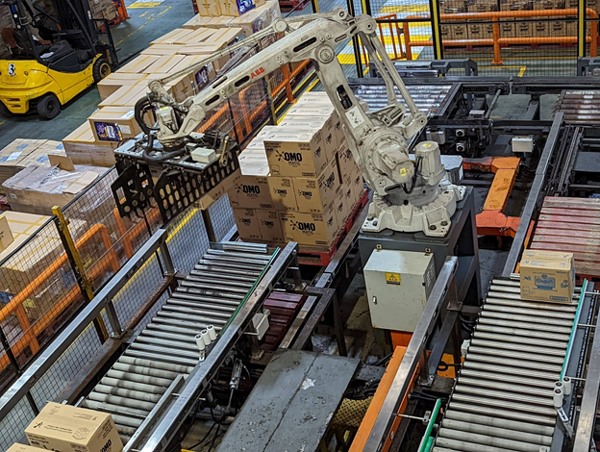
Robots to be used in Unilever Vietnam's factories for product packing and transport
Besides, the process of data operations is also upgraded with the Internet of Things system and artificial intelligence (AI) through a super application that allows synchronising all feedback and information to a system for analysis and processing.
Up to now, Unilever Vietnam's factories have gradually applied machine learning and big data to production and operations, promoting data analysis and forecasting. This improves operations efficiency and picks up on future trends.
In addition to factory operations, Unilever Vietnam also leverages digital technology to transform consumer approaches through data-driven marketing.
Determining that data is the fuel for the future, Unilever Vietnam’s brands have transformed into a new marketing model, focusing on conversion and directing messages to target customers in real-time with personalisation. Brands also incorporate machine learning, AI or new technologies like extended reality (XR) into their marketing to bring new experiences to customers.

Dove to receive Viet Nam's only Gold award at MMA Global Smarties X 2021 in the category of Machine Learning and AI
Unilever Vietnam also concentrates on digital, omnichannel and data-connected sales models. Besides traditional and modern channels, the shift to online and emerging sales channels requires consumer goods businesses to develop creative ways to refresh themselves even in traditional channels.
Typically, Unilever Vietnam has deployed the OrderUNow application, helping more than 170,000 grocery and retail stores across the country with digital transformation. The company also leads in the Direct-to-Customer (D2C) model through the UShop e-commerce ecosystem - specialising in selling Unilever products.
At the same time, Unilever’s brands are also favourites on e-commerce platforms, and the company has become a strategic partner in the multi-channel sales model with supermarket chains.
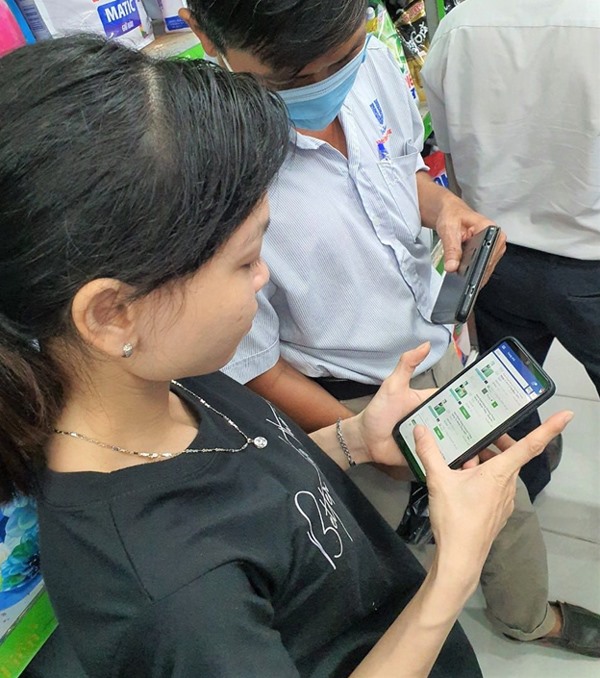
Small retailers to use OrderUNow app to order goods from Unilever directly
Finally, Unilever Vietnam pays much attention to building data-driven operations within the company. Building and designing the foundation system, along with equipping data management skills, is a challenge but an opportunity for more than 10,000 people in Unilever Vietnam's value chain to prepare for the future and make data-driven decisions.

